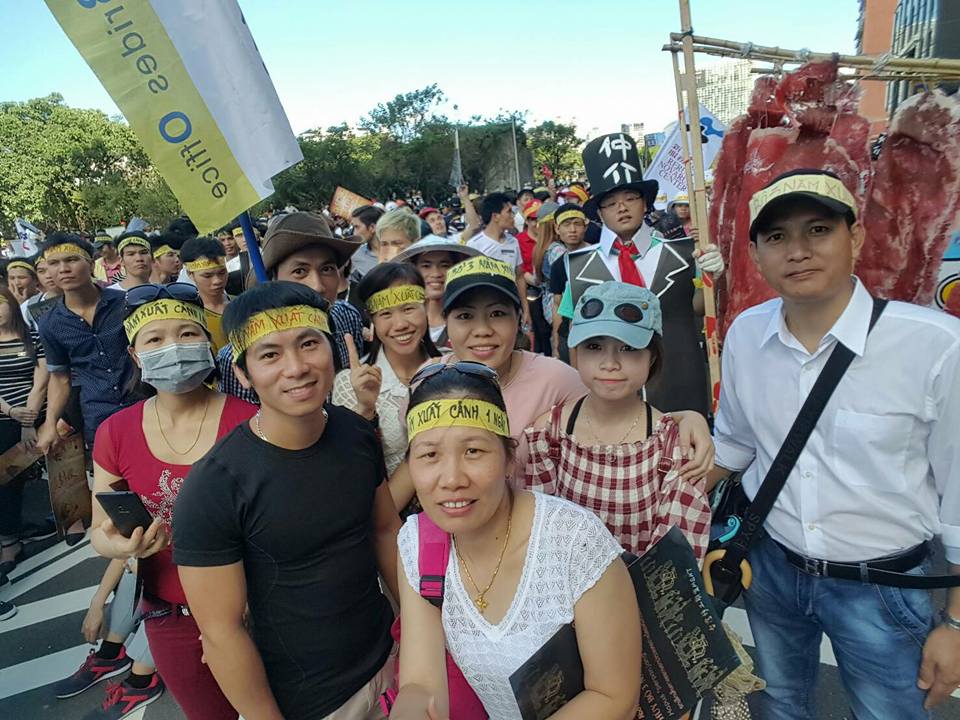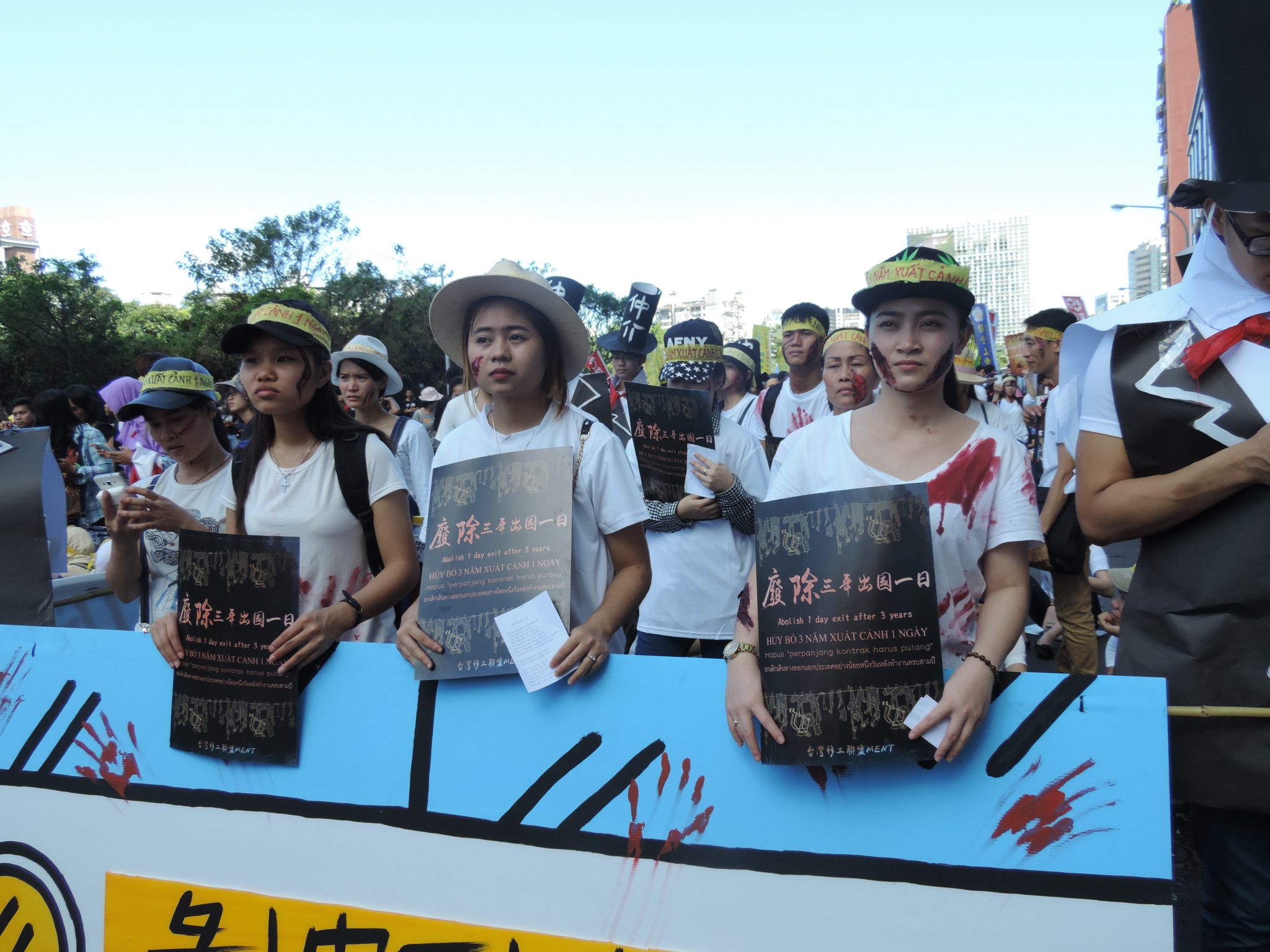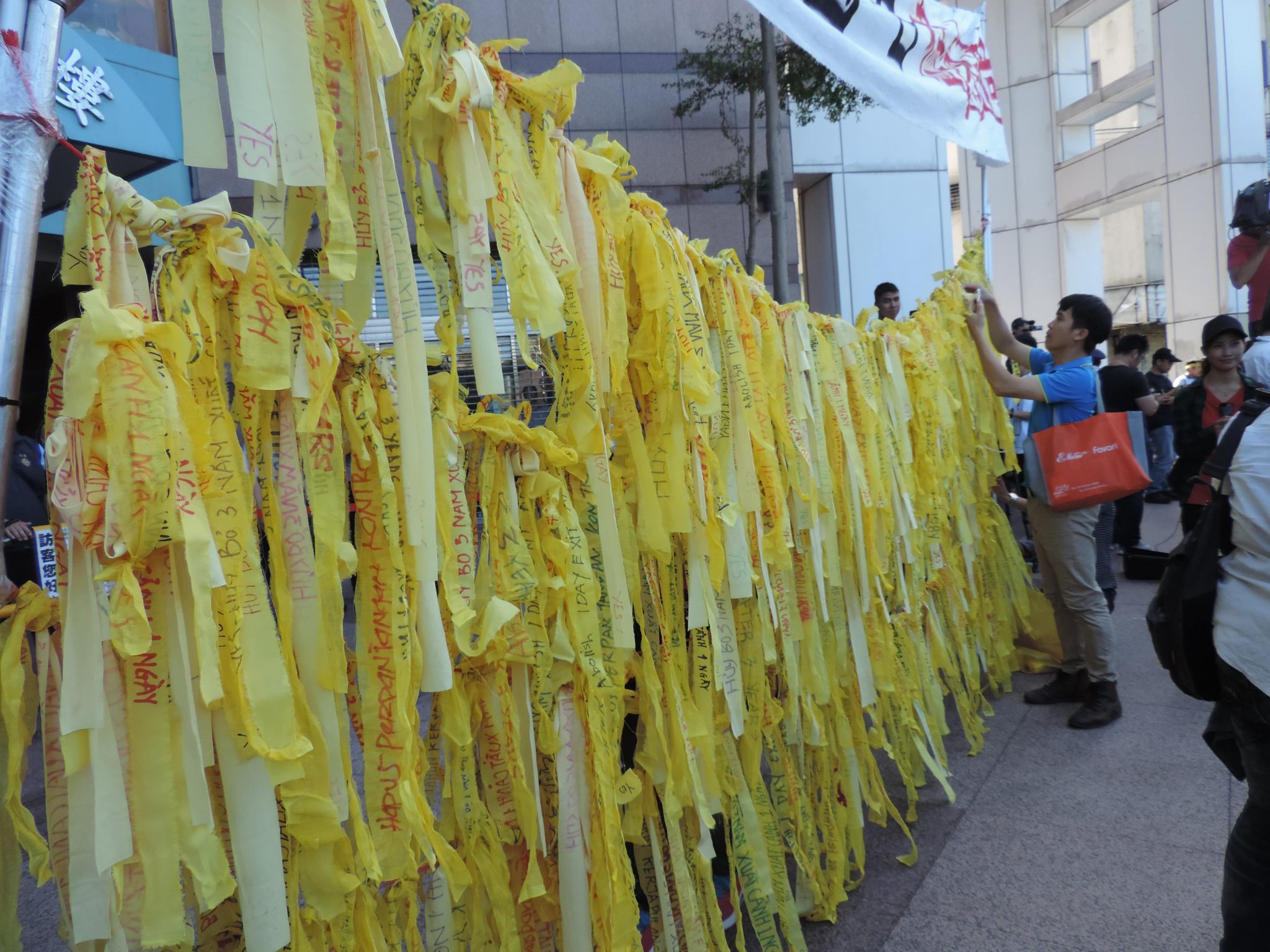The current practice of helping Taiwan citizens find foreign spouses through commercial operations will be outlawed soon, according to a legislative plan. Legislative representatives from various political parties reached a consensus yesterday to draw up new rules to prohibit the business matchmaking practice. There will also be new regulations to better safeguard the human rights of foreigners victimized by domestic violence or human trafficking schemes. The legislators agreed to revise the Entry/Exit and Immigration Law to ban marriage matchmaking as a business.
People providing such service will not be allowed to spread or advertise related information like the potential foreign wives’ photos or personal data. The matchmakers are prohibited from collecting fees for the service. Violators will face penalties, including fines and jail terms. A new chapter will be added to the law so that foreigners brought into Taiwan through threats, intimidation, or other measures of force for sexual or labor exploitation by human trafficking organizations will be protected. Such victims, including those raped, will be allowed to stay and work in Taiwan when their cases are still under investigation or judicial trial.
Under the existing rules, foreigners are barred from entering Taiwan if they have no means to support themselves while here. But new regulations will prevent the National Immigration Agency under the Ministry of Interior from shutting them out if they have relatives in Taiwan or can find sponsors here. The agency will no longer be able to invalidate the residence permits already issued to foreigners who become victims of domestic violence — physically or spiritually — with protection orders from court.
Foreign workers will be able to keep their residence permits and stay in Taiwan during the period of judicial procedure for labor disputes they are involved in with employers. The planned new rules will also liberalize the restrictions for the entry and stay of children born or adopted by Taiwan citizens abroad. The current quota system restricting the foreign spouses or young children of ROC citizens with domicile registrations will be scrapped. The number of children adopted by Taiwan citizens from abroad will be raised to two from the current limitation of one. The National Immigration Agency will not be allowed to ban the entry of such children under the age of 20 on grounds of failing to pass certain health examination criteria.
The new rules will become effective after winning the ratification by the Legislative Yuan. Concerning the planned ban on commercial matchmaking service, some matchmaking agencies urged the government to improve the administration of such operations rather than impose a sweeping ban. It’s fine to have rules regulating such operations to prevent frauds or commercial exploitations, they said. But they stressed that there is a need for Taiwan citizens, especially those with low incomes, to find spouses abroad because they simply don’t have opportunities to locate local partners on the island. They feared total prohibition on matchmaking service will only force matchmaking service providers to continue such operations underground to meet the market demand.
Instead of using the formal name of matchmaking agencies as now, the operators will most likely to use other nomenclatures like "marriages and friends associations" to connect local wife-seekers with potential foreign spouses, they said. There are no rules prohibiting such associations or individuals from arranging overseas tours of Taiwan bachelors to meet potential wedding partners. Foreign women coming to Taiwan on sightseeing trips can still have the chances to meet with prospective husbands here through arrangements.
There are currently 60,000 new foreign immigrants who have married into local families in Taipei County alone in recent years. The number is still rising at a pace of more than 400 new weddings each month — or almost 15 every day. Most of the new immigrants through marriage are from China, Vietnam, Indonesia, Cambodia, Burma, and the Philippines. The swelling number of new immigrants and their families here are expected to give them bigger political clout to force more local politicians to drop hostilities and discriminations against the new members of Taiwanese society, said some analysts.







